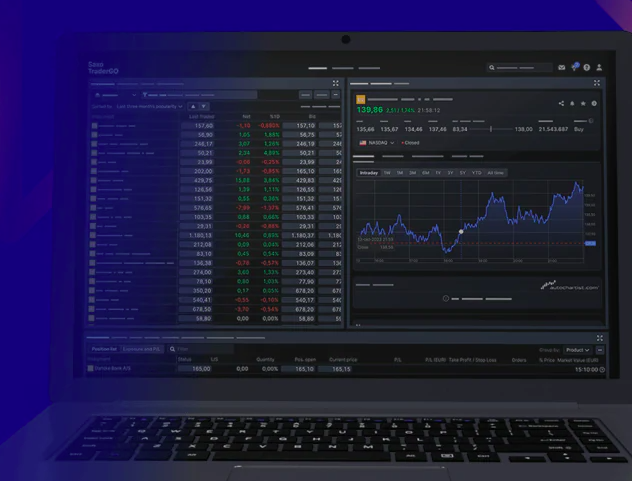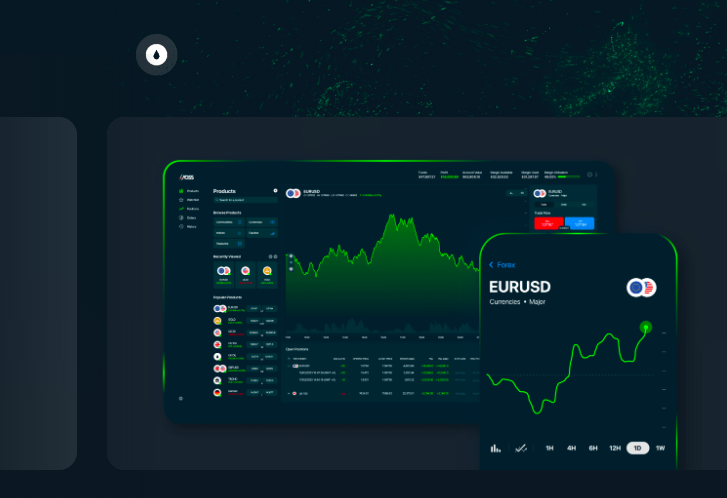Numerous individuals and institutions participate daily in the share market through stock exchanges. They invest in share market through intraday trading, hedging, arbitrage, speculation, etc. Out of these, Intraday trading is popular among people looking to make a quick buck.
The profitability in Intraday trade relies on short-term price fluctuations; therefore, an intraday trader should know the best time to buy stocks and create a trading strategy. This is where Friday and Monday Effect (also called the weekend effect) comes into the picture. It is crucial for a day trader.
What is Intraday Trading?
Intraday trading refers to the trading style where traders take and exit multiple positions within the same trading session on the stock exchange. They must square-off their orders, or the broker will do so at the end of the market hours. They can take advantage of short-selling – which is unique to intraday trading. In this, one can sell securities they do not own and buy them when prices fall.
No trader can approach the stock exchanges directly. You require a Demat and trading account to invest or trade during the trading sessions. You can invest in the upcoming IPO as well with your Demat & Trading account. For advanced trading platforms, intraday traders can consider reputed discount brokers like Bajaj Financial Services Ltd (BFSL),which offers low brokerage rates and simple to use platform.
What are the market timings and days?
The share market has the following time segments, and it’s worth noting the importance of each of these:
Pre-opening Session: 9AM – 9:15 AM
The exchange accepts orders from market participants during this time. Market Participants can place, modify, and cancel the trade order between 9 AM till 9.08 AM.
Immediately after the order collection period, order matching period starts when the stock exchange matches the trade orders placed using a multilateral order matching system. This duration is significant for price determination based on demand and supply.
Normal Timings: 9.15 AM to 3:30 PM
The normal trading session in the stock market starts at 9:15 AM and lasts till 3:30 PM according to the Indian Standard Time (IST). Major stock exchanges like BSE, NSE, etc., may extend or decrease the normal trading hours whenever required; however, it is rare, exceptional cases. For example, suppose the market is abnormally declining due to a major news; the exchange may need to reduce the normal trade timing to limit losses.
Days: The Indian stock market operates from Monday to Friday. The market is closed on national holidays. There is a special trading session organized by the Exchange on Diwali, called “Muhurat Trading”.
Understand Gap up and Gap Downs
Gap
A gap is a change in the price of a financial asset in the stock market between the closing and the opening of two successive days.
In other words, gaps appear when a trading instrument opens below or above the previous day’s close after a sharp rise or fall in its price without any trading activity in between.
The reasons for such gap creation include positive or negative news about the company in the market, a changed view of the trade analyst, buying or selling pressure among market participants, the company’s profit declaration, and so on.
Primarily, there are two types of gaps in stock trading:
- GAP Up: A gap up is when the price of a financial instrument for the day opens at a higher level than the previous day’s close price.
- GAP Down: A gap-down is when the price of a financial instrument for the day opens at a lower level than the previous day’s price.
When a business releases unexpected news or new information, its stock price reflects immediately. However, if the news surfaces on weekends, the price will react significantly on market opening on Monday.
The impact of Fridays and Mondays on the life of a Trader
The Monday effect is vital for share market traders. Market watchers and traders look at a lot of happenings between the closing bell on Friday and the opening bell on Monday that causes the increase or decline in the stock price.
Experienced traders say Mondays have the best conditions to buy or sell stocks. Therefore, they consider Monday the best day to trade stocks. It is because of the two days gap between trading opportunities when news can hugely affect certain stocks or industries.
There can be increased volatility and varying trading volumes. Traders need to change their trading strategy in line with the new market conditions, generally based on gaps.
This way, weekend news and events can fuel pre-market trading on a Monday. Understanding the market timings helps day traders to strategize their trades and generate profits in different market conditions.
Investments in securities market are subject to market risk, read all the related documents carefully before investing.

Hey, this is Johny Sehgal. I am the owner and caretaker at Finance Jungle. I completed my education in BSC and now heading towards the digital marketing industry. I usually have interests in reading, playing games and watching movies. I also love to write content based on quality information. The main motive of mine is to provide the top and best quality information to my readers. Finance Jungle is the blog for the same.












